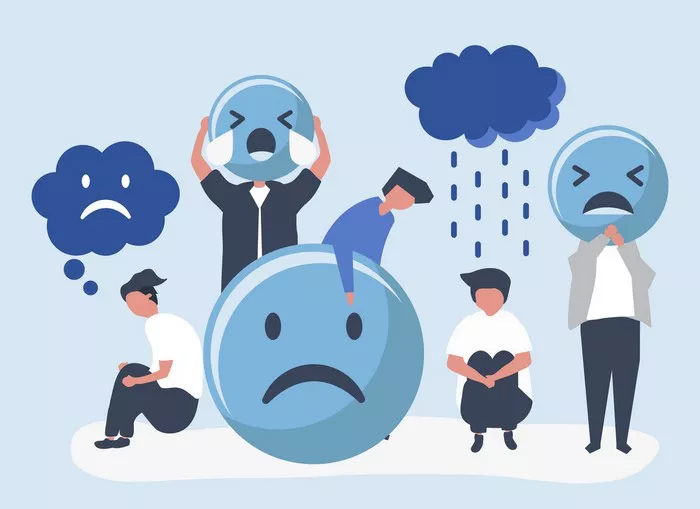In a poignant exploration of the challenges faced by older LGBTQ+ individuals, Bill Hall’s story stands as a testament to a lifetime of hardship. At 71, Hall has battled not only the physical toll of multiple health issues but also the emotional scars of a traumatic past. Contracting HIV in 1986, he has since contended with depression, heart disease, diabetes, various cancers, and life-threatening infections. Yet, his struggles began long before his HIV diagnosis.
Hall, a gay man born into the Tlingit tribe in an Alaskan fishing village, was torn from his family at age 9 and sent to a government boarding school. There, he endured years of bullying and sexual abuse that “killed my spirit,” leaving him unable to form intimate relationships. His adult life has been one of solitude in Seattle, punctuated by the daily fight for survival.
Hall is not alone in his experiences. Among the 3 million Americans over 50 who identify as gay, bisexual, or transgender, approximately twice as many are single and living alone compared to their heterosexual peers, according to the National Resource Center on LGBTQ+ Aging. This demographic is set to double by 2030, with many facing a daunting array of problems.
Research indicates that LGBTQ+ seniors often grapple with higher rates of anxiety, depression, chronic stress, disability, and chronic illnesses like heart disease. Coping mechanisms such as smoking, alcohol, and drug use further exacerbate their health woes. Growing up in a time when same-sex relations were illegal and homosexuality was stigmatized by the medical community, many were rejected by family and church. The AIDS crisis then wrought havoc, with daily funerals and a sense of impending doom.
In an AARP survey of 2,200 LGBTQ+ adults 45 or older this year, nearly half reported feeling isolated, and 45% lacked companionship. Almost 80% were concerned about social support as they aged. Christopher Christensen, 72 and HIV-positive since 1981, notes that many living with HIV never expected to grow old. Jeff Berry of the Reunion Project observes that survivors of the AIDS epidemic now face worsening health and the resurfacing of long-buried trauma.
Diedra Nottingham, 74, has her own tale of woe. Kicked out of her home at 14, she spent years on the streets. Losing multiple partners, she now lives alone in New York City, battling loneliness despite therapy and volunteer support. Donald Bell, 74 and a gay Black man, cared for his parents and adopted sons but now struggles financially and with health issues. Despite his hardships, he aims to be a role model, accepting aging and moving forward.
For these LGBTQ+ seniors, aging alone is a complex web of physical, emotional, and social challenges. Without adequate LGBTQ-friendly and age-appropriate support services, they are left to navigate a difficult path, reliving past traumas as they face the uncertainties of old age. The article, reprinted from Khn.org, a national newsroom under KFF dedicated to in-depth health journalism, sheds light on an often overlooked segment of the population.
Related topics
- Adults with Egg White Allergy Face Serious Quality of Life Challenges
- Endometriosis & Fibroids Tied to Higher Long-Term Early Death Risk
- Insurance Challenges Impeding Access to Mental Health Services

